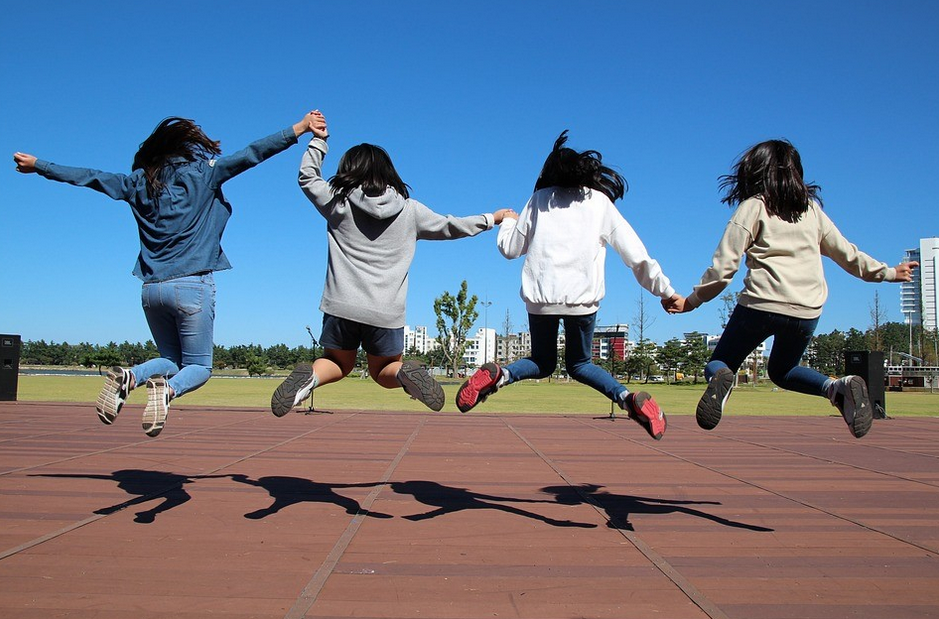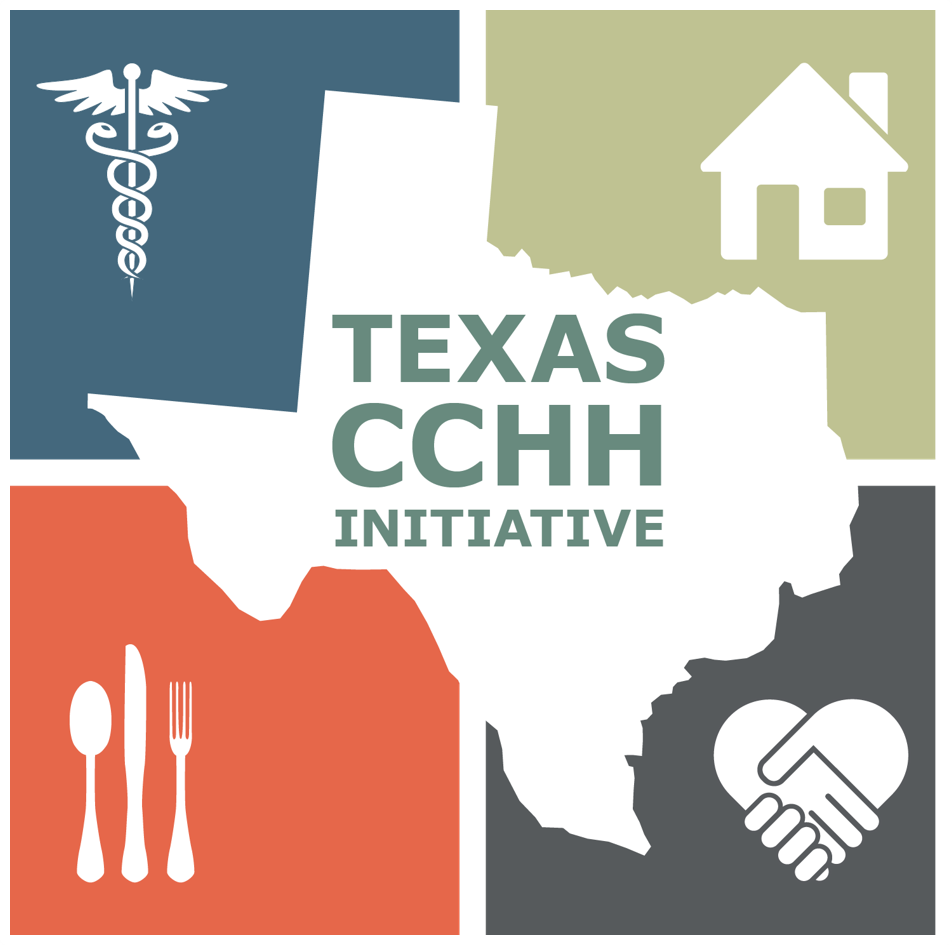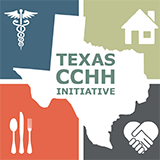
EHF has launched a four-year, $10 million investment to create more active roles for clinics to address the community conditions that lead to poor health.
 EHF’s Texas Community Centered Health Homes (CCHH) Initiative creates a model for community-based clinics to go beyond the exam room to improve the health of patients and entire neighborhoods. Clinics are tackling conditions like obesity, hunger, teen pregnancy and more by developing specific ways to take community-wide action to prevent illness and improve health outcomes.
EHF’s Texas Community Centered Health Homes (CCHH) Initiative creates a model for community-based clinics to go beyond the exam room to improve the health of patients and entire neighborhoods. Clinics are tackling conditions like obesity, hunger, teen pregnancy and more by developing specific ways to take community-wide action to prevent illness and improve health outcomes.
“It’s a large-scale, long-term investment in helping clinics improve health, not just healthcare in the areas they serve,” said Elena Marks, EHF’s president and CEO.
Poverty, substandard housing, lack of affordable healthy food, and limited safe places to exercise are a few of the underlying conditions that contribute to poor health in Texas. These community conditions directly contribute to high rates of chronic health issues like obesity, diabetes, heart disease, asthma, and more.
First developed by Prevention Institute, a CCHH clinic not only acknowledges that community conditions outside the clinic walls affect patient outcomes, it actively participates in improving them.
“Medical care alone isn’t enough to keep many Texans healthy,” said Lexi Nolen, EHF’s VP for Impact, who oversees the CCHH project. “When patients keep coming back with recurring health problems, community clinics are left asking the same frustrating question – ‘What good does it do to treat people if we keep sending them back to the conditions that make them sick?’ This is a new approach to go beyond patient-only treatments and promote change at the systems and community levels.”
Thirteen clinics across the state are participating in EHF’s Texas CCHH Initiative. Each clinic has received an EHF grant of up to $500,000 to develop and implement its own community-specific work for up to three years. EHF is also providing ongoing training, coaching and technical assistance to support each clinic’s effort.
“We can all hope that the communities we do our work in thrive and that the people we care for get better, but hope is not a plan,” said Rhonda Mundhenk, CEO of Lone Star Circle of Care, which operates a participating CCHH clinic in Bastrop. “The CCHH model is a plan and it’s transformative. We can improve health outcomes one patient at a time, or we can move upstream and tackle the conditions that make our communities unwell. That’s what the CCHH model does.”
“CCHH is not a process or a program, it’s a cultural shift,” said Dr. Andrea Caracostis, CEO of HOPE Clinic, a participating CCHH clinic in Southwest Houston. “It’s a systematic approach to addressing the social factors that determine health. It’s an approach that gives you longevity in the community.”
Clinics are partnering with community groups, government agencies, schools, businesses, and other organizations to create community-wide prevention strategies and other similar efforts.
“By complementing healthcare delivery with community action, CCHH clinics focus more on prevention and addressing the community conditions that are often the root causes of poor health outcomes,” said Nolen. “The goal is less illness and injury, reduced demand for medical treatment, and more opportunity for more Texans to achieve their highest level of health.”

Participating Clinics
Click here to see more details on each clinic’s focus areas
- Heart of Texas Community Health Center
Waco
$450,000 for 3 years
Reducing obesity and related metabolic disease through improved access to healthy eating and active living
- HOPE Clinic
Southwest Houston
$448,246 for 3 years
Reducing hypertension and diabetes by combatting obesity
- Lone Star Family Health Center
Conroe
$450,00 for 3 years
Reducing childhood obesity and teen pregnancy
- Memorial Hermann – Burbank Middle School Clinic
Northwest Houston
$433,295 for 3 years
Reducing chronic disease through improved nutrition and supporting safe and culturally-relevant opportunities for physical activity
- People’s Community Clinic
Austin
$500,890 for 3 years
Reducing obesity by advancing nutrition and physical activity - Access Health
Richmond
$187,500 for 18 months
Reducing diabetes, depression and anxiety, among adolescents
- Christ Clinic
Katy
$187,051 for 18 months
Reducing chronic disease for residents in poverty
- El Centro de Corazon
East Houston
$185,213 for 18 months
Reducing obesity by creating greater opportunities for healthy eating and active living
- Harris Health – Acres Home Health Center
Northwest Houston
187,500 for 18 months
Reducing obesity and diabetes through food security and safe opportunities for exercise - Lone Star Circle of Care
Bastrop
$187,500 for 18 months
Preventing the negative impact of adverse childhood experiences on children and families - Northwest Assistance Ministries – Children’s Clinic
Northwest Harris County
187,500 for 18 months
Reducing childhood obesity - Spring Branch Community Health Center
West Houston
$172,560 for 18 months
Reducing chronic disease through access to healthy foods and food security - St. Paul Children’s Foundation
Tyler
$163,500 for 18 months
Reducing obesity through food security, healthy eating and physical activity